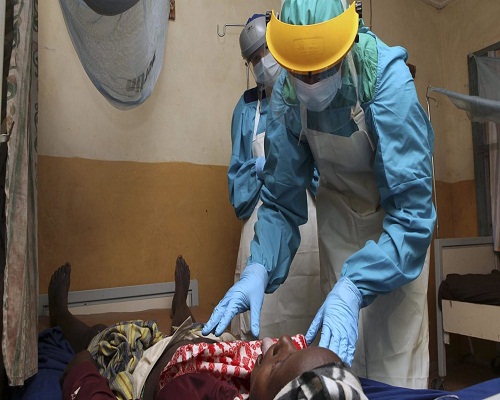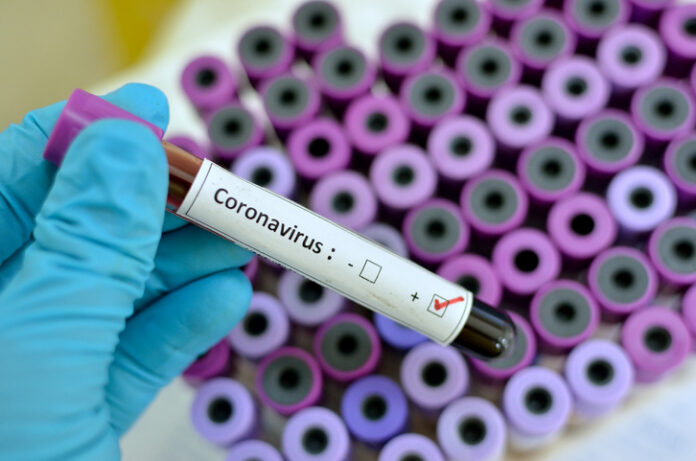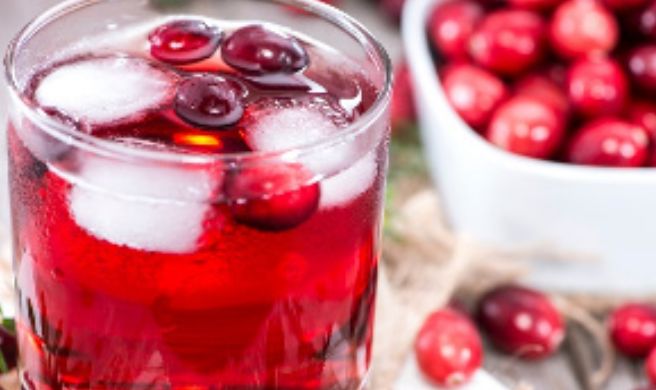Here is a Complete Guide to Managing Hypertension

High blood pressure, also known as hypertension, is a common yet serious condition that increases the risk of heart disease, stroke, and kidney failure. Often called the “silent killer” because it may not show symptoms for years, managing high blood pressure is crucial for long-term health. While hypertension may not be “cured” in the traditional sense, it can be effectively controlled and even reversed through lifestyle changes and, when necessary, medication.
Understanding High Blood Pressure
Blood pressure is the force of your blood pushing against the walls of your arteries. It is measured in two numbers:
-
Systolic pressure (top number): pressure when your heart beats
-
Diastolic pressure (bottom number): pressure when your heart rests between beats
A normal blood pressure reading is below 120/80 mmHg. High blood pressure is diagnosed when readings consistently exceed 130/80 mmHg.
How to Reduce High Blood Pressure: Step-by-Step
1. Improve Your Diet
a. Reduce Salt Intake
-
Too much sodium (salt) raises blood pressure.
-
Aim for less than 2,300 mg of sodium/day, ideally below 1,500 mg.
-
Avoid processed and fast foods, which often contain hidden salt.
b. Adopt the DASH Diet
-
The DASH (Dietary Approaches to Stop Hypertension) diet is proven to lower blood pressure.
-
Focus on:
✅ Fruits and vegetables
✅ Whole grains
✅ Lean proteins (fish, poultry)
✅ Low-fat dairy
✅ Nuts and legumes -
Limit red meat, sugar, and saturated fats.
c. Limit Alcohol and Caffeine
-
Excess alcohol and caffeine can raise blood pressure.
-
Limit to 1 drink/day for women and 2 for men.
2. Exercise Regularly
-
Aim for at least 30 minutes of moderate activity (like brisk walking) 5 days a week.
-
Exercise helps the heart use oxygen more efficiently and lowers pressure on arteries.
-
Include both cardio and strength training.
3. Lose Excess Weight
-
Blood pressure often increases with weight.
-
Losing even 5–10% of your body weight can significantly reduce BP levels.
-
Watch your waistline:
-
Men: aim for <40 inches
-
Women: aim for <35 inches
-
4. Quit Smoking
-
Smoking damages blood vessels and accelerates plaque buildup in arteries.
-
Quitting smoking has immediate and long-term benefits for your heart and blood pressure.
5. Manage Stress
-
Chronic stress can elevate your BP.
-
Try stress-reducing techniques:
-
Deep breathing and meditation
-
Yoga
-
Spending time in nature
-
Talking with a counselor or therapist
-
6. Monitor Your Blood Pressure at Home
-
Use a reliable home blood pressure monitor.
-
Track your readings regularly and share them with your doctor.
-
Helps assess whether lifestyle changes or medication are working.
7. Take Medications If Prescribed
When lifestyle changes are not enough, doctors may prescribe medications such as:
-
Diuretics (water pills) – help eliminate sodium and reduce blood volume.
-
ACE inhibitors/ARBs – relax blood vessels.
-
Beta-blockers – reduce heart rate and output.
-
Calcium channel blockers – prevent calcium from entering heart and vessel cells.
Never stop medication without consulting your doctor, even if your BP improves.
When to Seek Immediate Help
If you experience:
-
Severe headache
-
Chest pain
-
Vision problems
-
Shortness of breath
You may be in hypertensive crisis (BP >180/120 mmHg) seek emergency care immediately.
Conclusion: Can High Blood Pressure Be Cured?
While there is no “one-time” cure, high blood pressure can be reversed and controlled to the point where medication may no longer be needed. Long-term commitment to healthy habits is key. With the right approach, you can protect your heart, brain, and kidneys and live a longer, healthier life.
Source: Thepressradio.com| Ogyem Solomon





